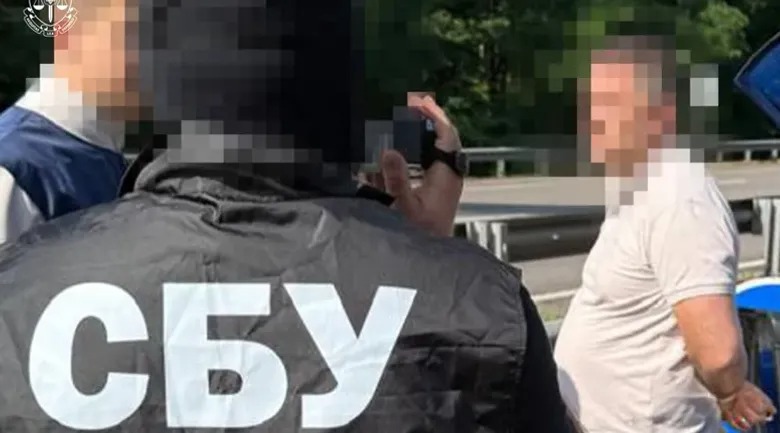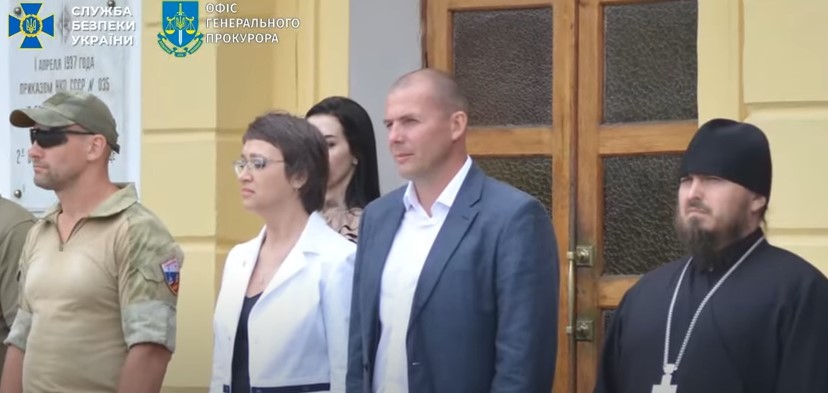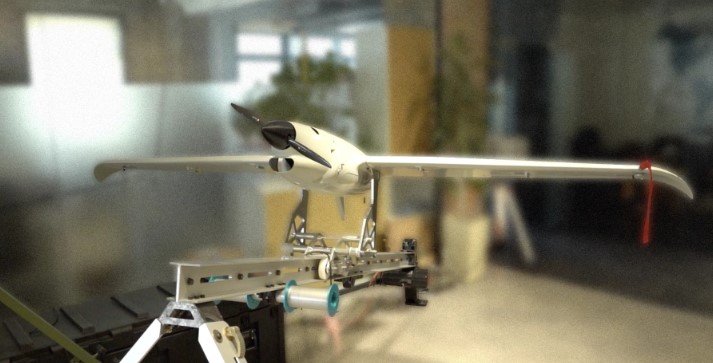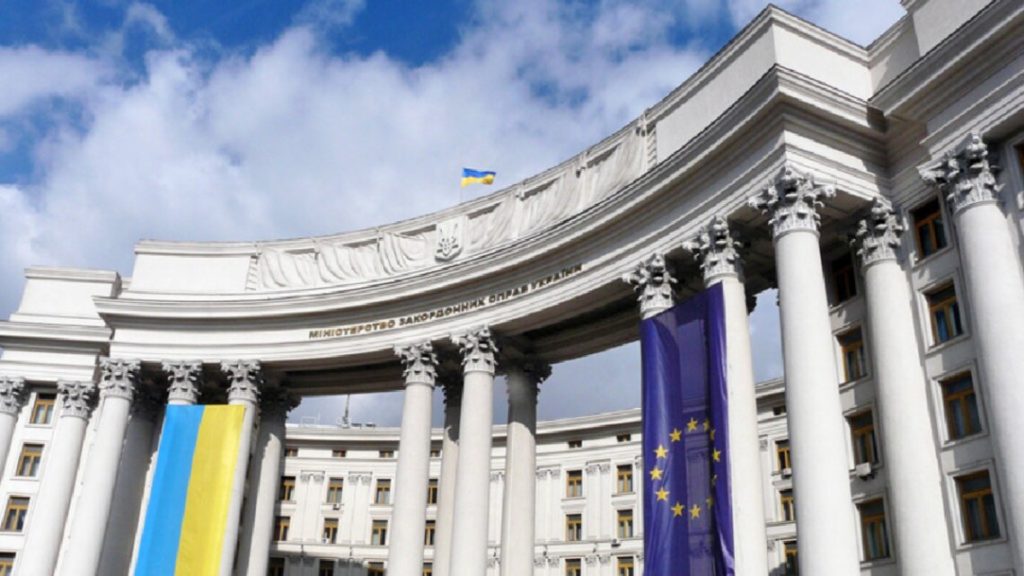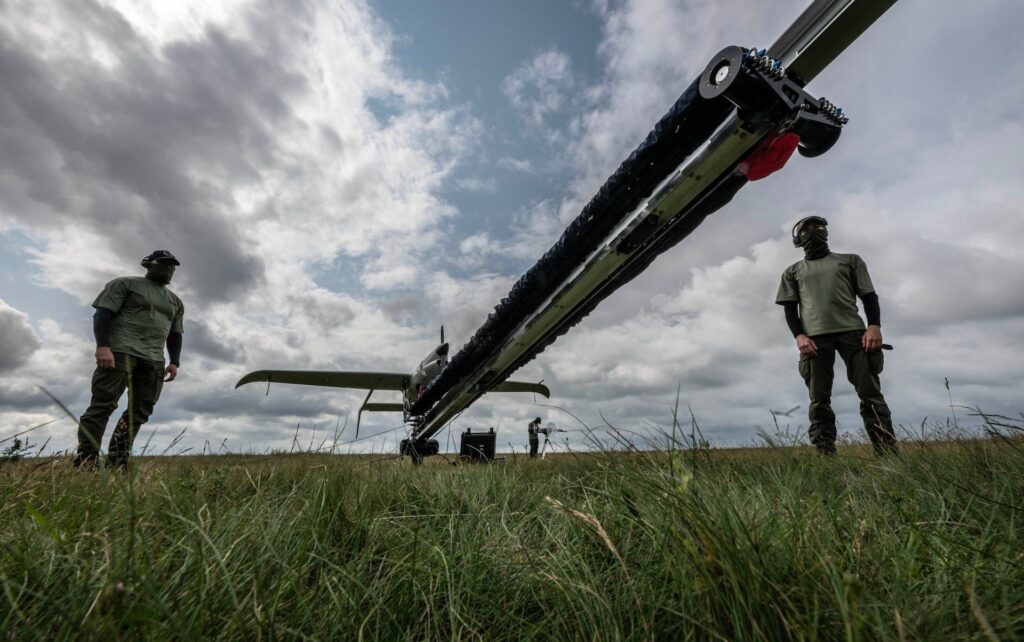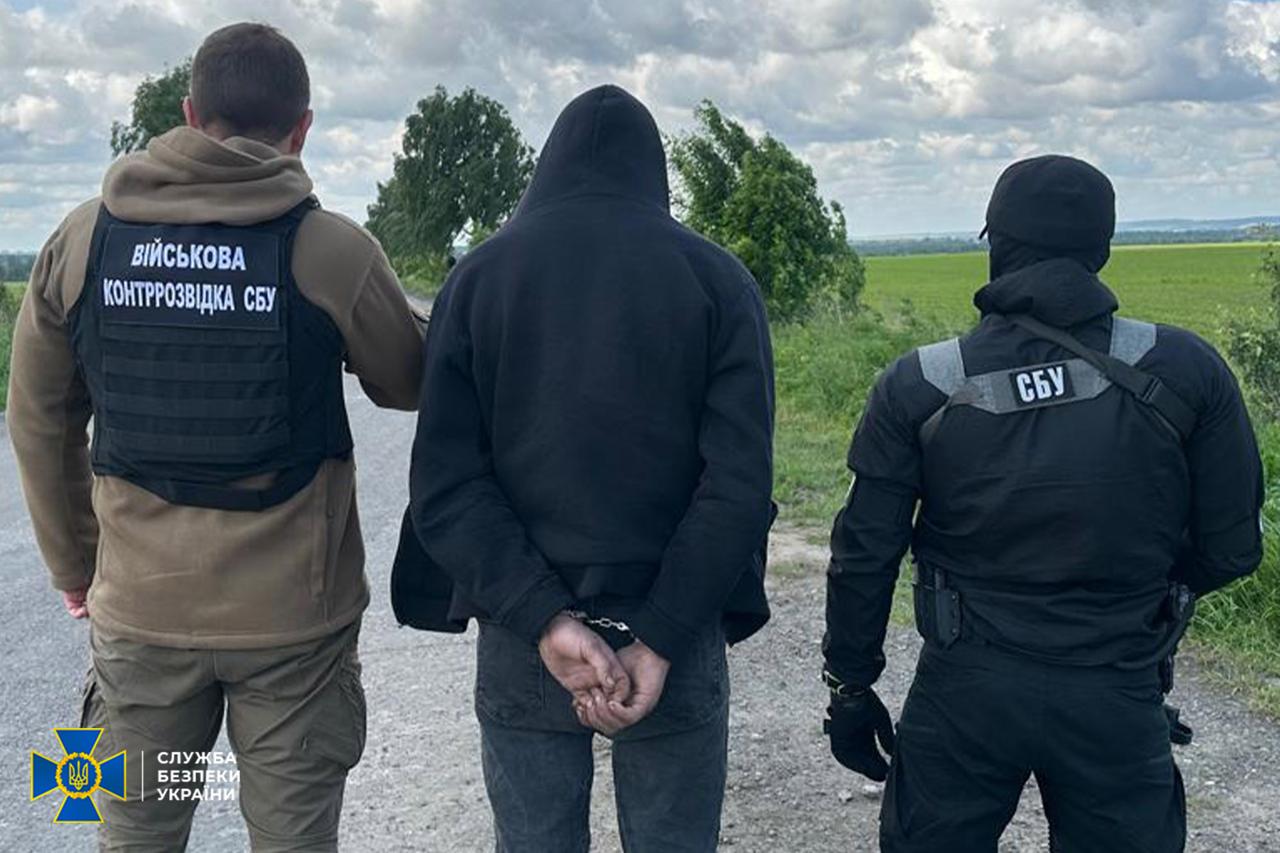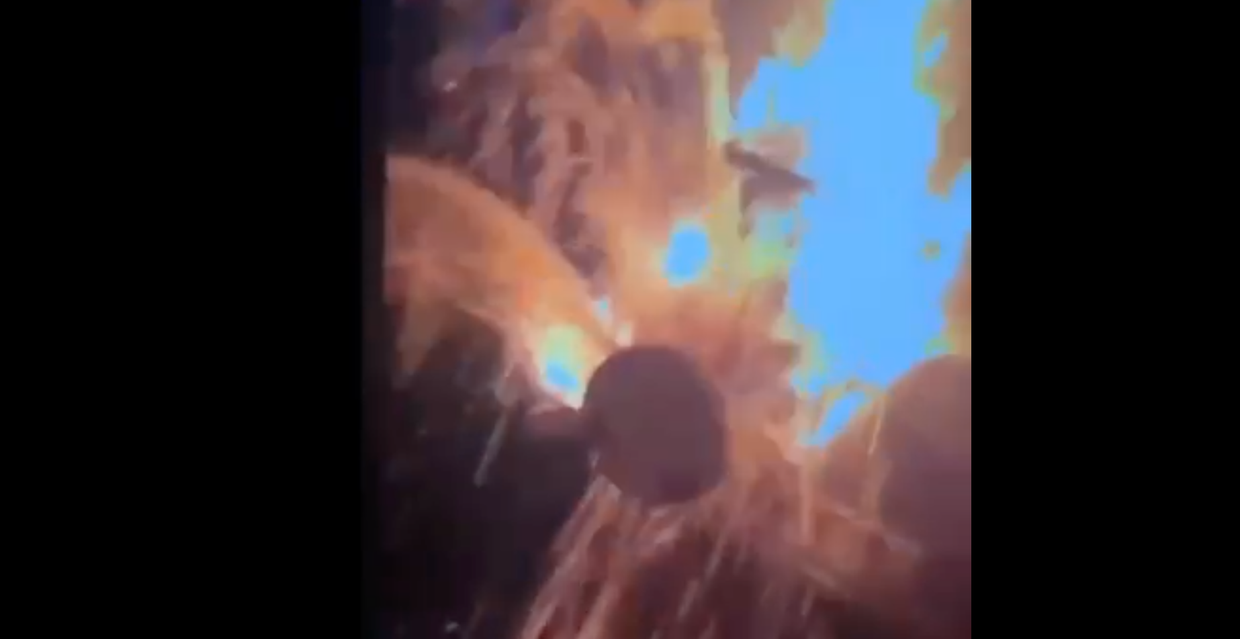Another Russian spy unmasked: National Guard soldier caught leaking secrets on Ukraine defense facility to Russia
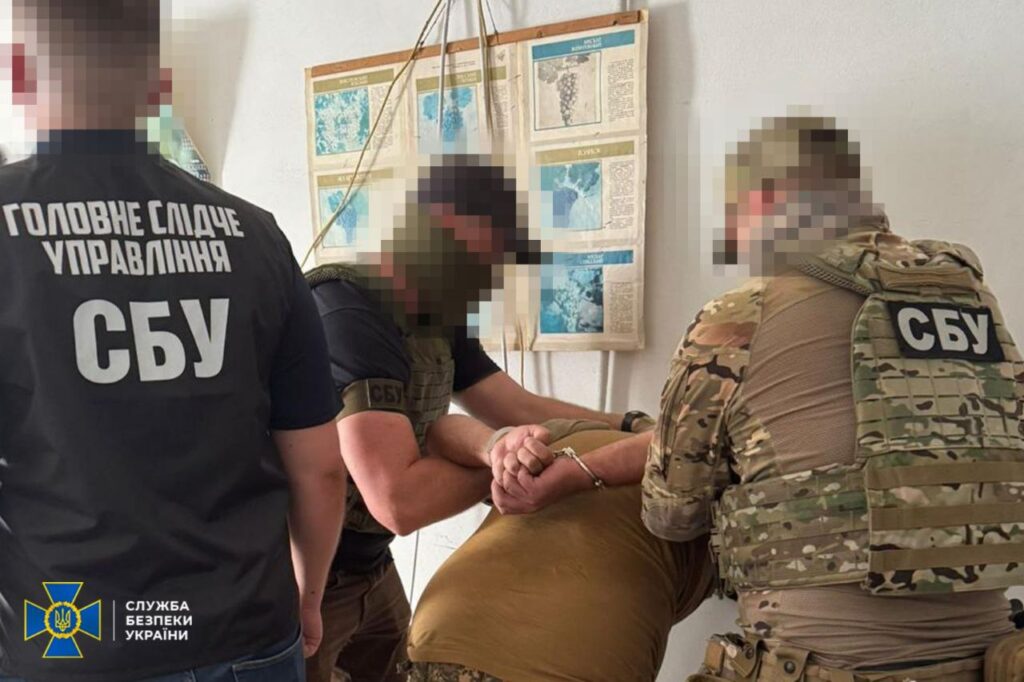
A suspected Russian spy was caught by the Security Service of Ukraine after investigators exposed a National Guard serviceman who leaked secrets about a defense plant. SBU agents said he gave Russian intelligence information about a key Dnipropetrovsk Oblast facility and the unit that guarded it.
Russian spy exposed in National Guard ranks
Ukraine’s Security Service reported on 31 July that it exposed another agent working for Russian intelligence. The SBU said the man served in a National Guard brigade based in Zaporizhzhia. He allegedly sent Russian forces classified data about a strategic defense plant in Dnipropetrovsk oblast. That plant manufactures explosives and different types of ammunition. The mole also passed information about the military unit responsible for guarding the site.
Insider reached out to Russia
According to the SBU, the serviceman had worked at the plant before he was mobilized. Investigators said he personally contacted Russian intelligence and offered them secret information in exchange for money. His knowledge of the site and its security measures came from his previous work there.
Arrest and charges
The SBU, supported by the Ministry of Internal Affairs and the command of the National Guard, documented the actions of the suspected “mole.” Agents detained him after confirming his involvement. Investigators from the SBU’s main investigative department notified the suspect of suspicion under part 2 of article 111 of Ukraine’s criminal code. That article covers state treason committed during martial law. The suspect faces life in prison with confiscation of property if found guilty.
Read also
-
Ukrainian pilot instructor caught selling Western fighter jet secrets to Moscow
-
It wasn’t just the Skripals—Russia’s covert attacks spanned years and continents, UK intelligence reveals
-
SBU: Russian “mole” in Ukraine’s Anti-Corruption Bureau spied for FSB under former President Yanukovych’s security chief
-
Six Russian spies from Bulgaria sentenced in UK to up to 10 years each


